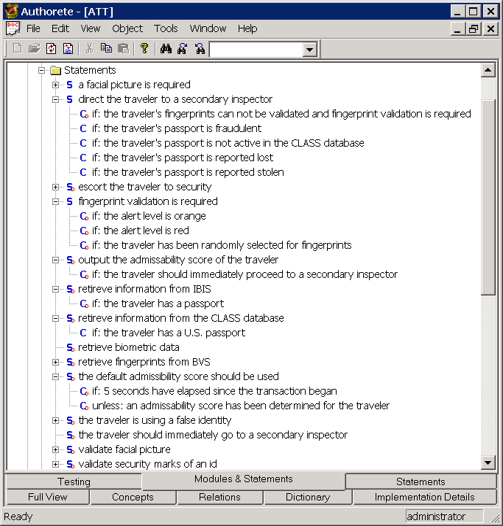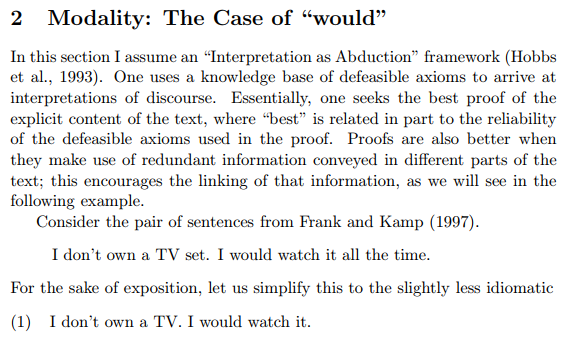Deep natural language understanding (NLU) is different than deep learning, as is deep reasoning. Deep learning facilities deep NLP and will facilitate deeper reasoning, but it’s deep NLP for knowledge acquisition and question answering that seems most critical for general AI. If that’s the case, we might call such general AI, “natural intelligence”.
Deep learning on its own delivers only the most shallow reasoning and embarrasses itself due to its lack of “common sense” (or any knowledge at all, for that matter!). DARPA, the Allen Institute, and deep learning experts have come to their senses about the limits of deep learning with regard to general AI.
General artificial intelligence requires all of it: deep natural language understanding[1], deep learning, and deep reasoning. The deep aspects are critical but no more so than knowledge (including “common sense”).[2] Continue reading “Natural Intelligence”



